I’ve heard that Kurt Elling is a quite busy artist who is hard to reach even through his manager to answer some e-mail questions. I can’t even imagine how does a Grammy-awarded jazz singer, composer and lyricist live his life. But I guess he has little time for long, coffee shop-like, philosophical discussions, no matter how energizing they can be. So I was just listening to his songs, read his bio and some older interviews (how lucky are journalists who could catch him for a word!), browsed his website. I saw himself before me as a singer with relaxing baritone, never-ending concert tours, melancholic and meditative songs. But all the time, there was this little question on my mind.
What is this new album like?
Indeed, Kurt Elling’s newest album, The Questions is still a secret. It will be launched in March 23 and we have to wait another month until he performs it in the Müpa Budapest. Although there are lots of available works of him in the internet, I became the most interested in this collection. Maybe because we always want what we can’t get at once? Or because they say it „is Kurt Elling’s musical response to this moment in history and the widespread anxiety of our times” and „takes us on a journey through searching inquiries and thoughtful responses that challenge and inspire”? How can such things be presented on a jazz album?

Kurt Elling is considered as an extraordinary talent for vocalese. Another question: what is vocalese? Sometimes it’s called a musical style, other times an independent genre – but the point is anyway to sing meaningful lyrics (so no wordless syllables) to instrumental jazz improvisations. The way Kurt Elling pointed this out in an interview:
„Well, as you know, vocalese is sort of a modern day subset of poetry and lyric writing and as far as I know it’s unique to jazz music. And it could have only happened with the advent of recorded sound. So there’s no way anybody could have even thought of it before we had records.”
Maybe this is why I started to see Kurt Elling as a poet and The Questions as a collection of poems in a musical form. This point of view was even strengthened when I found a quote by Rilke as a motto of the album, and when I found out that most songs (possibly with the exception of two) were written in cooperation and Kurt Elling wrote the lyrics. Among the composers, you can find the saxophonist Branford Marsalis, the pianist Joey Calderazzo and the jazz opera writer Carla Brey. We can find teasers to the songs and a video trailer of the whole album, but I was totally whirled by the three lyrics Elling posted on his site.
„But now the sea is just a memr’y / in an silent time
as the clouds go scudding by
And the clouds hold only rain
No strain / re-echos in her sighs
Two curtain-closed windows / her eyes”
(The Enchantress)
Or this:
„I don’t know / Am I supposed to know?
What if every road / leads the same way home?
Pathways bend / and never reach the end of it. . .
blending / weaving around to begin again.
And every night the questions come / and ask the moon to rise up
And fly away from old Brother Sun & shine her light independent-like
(just for one time)”
(A Secret in Three Views)
And I can’t even quote a part of the lyrics of Endless Lawns, because it’s as strong, indivisible and beautiful as it is.
After all, I became even more curious about how these lyrics unite with the melodies and how the live concert can further enrich the recorded songs. And my last question is for now: why did Kurt Elling leave so many questions in me…?
„Be patient toward all that is unsolved in your heart and to try to love the questions themselves – like locked rooms and like books that are written in a very foreign tongue … Live the questions now. And perhaps you will then gradually, without noticing it, live along some distant day into the answer.”
(Rainer Maria Rilke, cited by Kurt Elling)

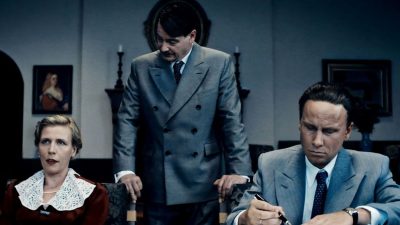
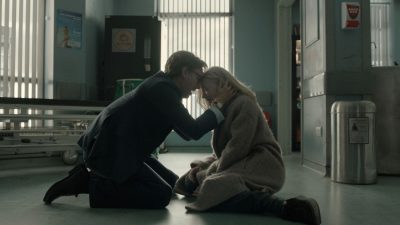
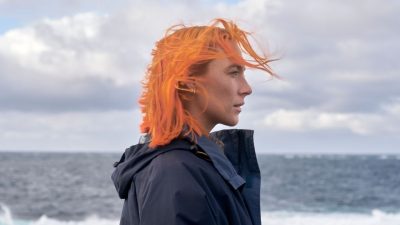

















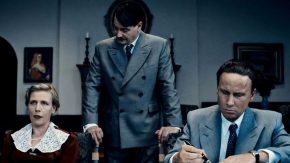
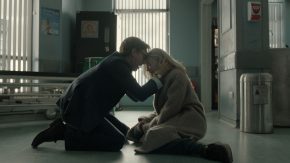
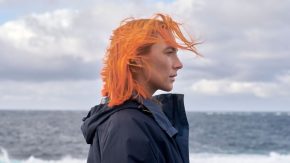
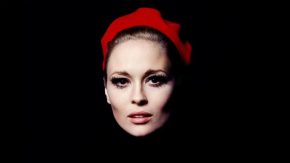
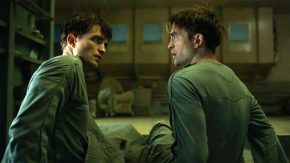
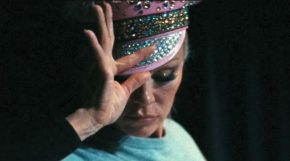
Comments